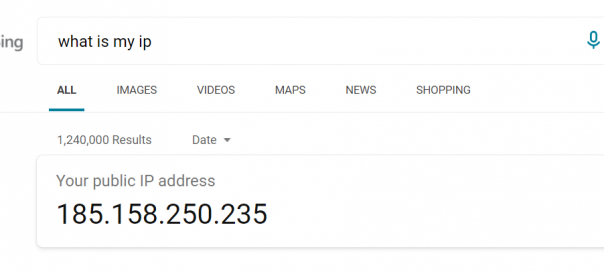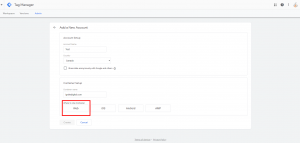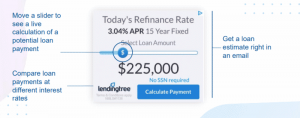A static IP address can be useful for companies in order to offer web-based services and enable access for flexible working models. We explain in this article what that actually means and the advantages of using a static IP address in your office. But first let’s quickly understand what is an IP address & what it does.
What is an IP address?
Just like your office address or telephone number, which your customers use to establish contact, IP addresses are used for virtual communication between servers and other devices. An IP address (Internet Protocol) is a string of characters that can consist of numbers and letters. It is assigned to every device connected to a network – computers, routers and so on.
An example: The IP address of business2community.com website is 166.78.238.159. Fortunately, thanks to the Domain Name System (DNS), visitors don’t have to remember these digits. The DNS is responsible for converting the cryptic IP addresses into legible domains.
IPv4 versus IPv6
IP addresses have always been based on version 4 of the Internet Protocol (IPv4 for short). Based on the 32-bit system used, consisting of four blocks of characters, it is possible to display around four billion addresses. This number of addresses that can be provided by IPv4 is no longer sufficient today – the number of end devices connected to the Internet has increased enormously. That is why addresses of the IPv6 standard are now used. These consist of 128 bits and enable an almost infinite number of IP addresses by using eight hexadecimal character blocks.
What is a static IP address?
A static IP address is an address that does not change. It is assigned by the provider permanently to a device until it is taken off the network or the customer’s contractual conditions change. Even when the device is restarted, the IP address remains unchanged. In other words, a static IP address can be compared to a phone number that stays the same for years. You only have to memorize it once (or for the lazy ones out there: save it in your mobile phone only once).
A fixed IP address has many advantages for entrepreneurs. It is the basis for error-free communication between technical devices in a network. It is required for the operation of a web or e-mail server or wherever there’s a need for content to be reliably accessible via a fixed Internet address. Peripheral devices such as printers, webcams or network computers of employees work more stably with a fixed IP, since the devices know each other based on their constant number.
Advantages of a static IP address for your business
More stability
Static IP addresses ensure stable network applications and reliable connections because they do not change.
Easy administration
Static IP addresses are very easy to set up and manage. They facilitate the connection of devices such as network printers or webcams.
Easy accessibility
A static IP address makes it easy for computers to reach your server from anywhere in the world. Your customers can access your website faster.
Remote workplaces
A static IP address makes it easier to work remotely in the home office or on business trips.
Professional communication
Static IP addresses facilitate telephone conferences, video calls and access releases for cooperation partners.
Geolocation possible
With a static IP address, other Internet services can locate your location. This is useful for local weather reports and search results.
What is a dynamic IP address?
By default, most routers that regulate the access of end devices to the Internet automatically obtain an IP address from the so-called DHCP server (Dynamic Host Configuration Protocol). This is dynamic; this means that the IP address is redistributed with each new Internet session. In addition, a dynamic IP address is usually reassigned every 24 hours. The constant assignment of a new IP address is very practical for private users, as they can surf the Internet more anonymously. Thus, a dynamic IP address can be compared to a telephone number, which changes with every call made or answered. The interlocutors remain anonymous. The disadvantage is that the callee can’t trust the caller.
How to know if you’re on a static or dynamic IP address?
It’s actually very simple. You can check your current IP address by searching a query like “what is my ip” on any search engine. Here’s the result of my query:

Note down your IP address somewhere and make sure to check it again after 24 hours. If it changes that means you’re like most Internet users on a dynamic IP address.
Where can you get a static IP address?
All major ISPs like Vodafone, Google Fiber, AT&T provide a fixed IP address. You just need to let the sales rep know at the time of getting the connection, and they’ll take care of the rest for you. The fixed IP address is also initially assigned automatically, but is then permanently registered with the Internet provider and can be redefined at a later point in time if desired.
The most important things about fixed IP addresses in brief:
- An IP address is a combination of numbers under which a specific computer or a group of computers can be reached.
- Printers and smartphones also have an IP address so that they can be reached locally or via the Internet.
- Dynamic IP addresses can change over time (mostly every 24 hours).
- Fixed or static IP addresses, on the other hand, do not change.
- With a static IP address you can operate office and home servers and enable VPN access.
Business & Finance Articles on Business 2 Community
(59)







